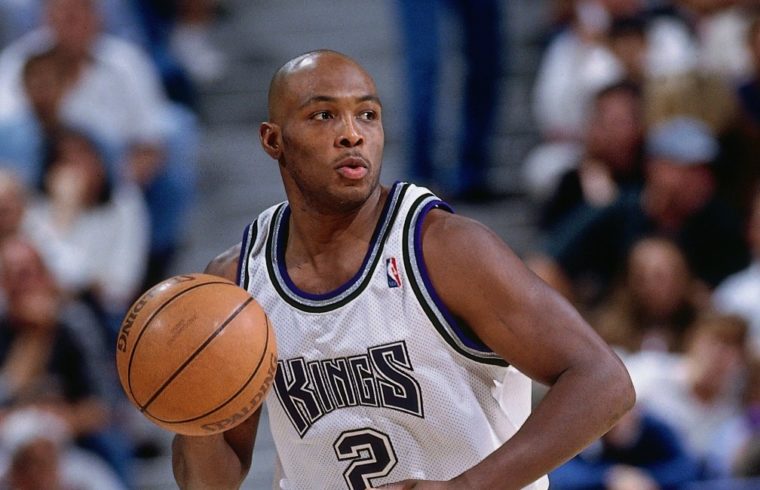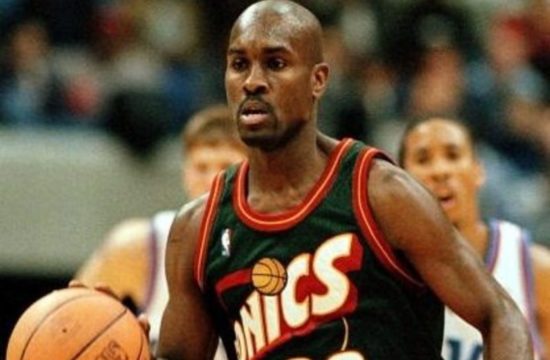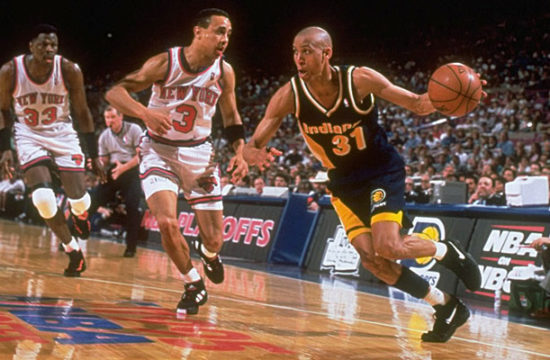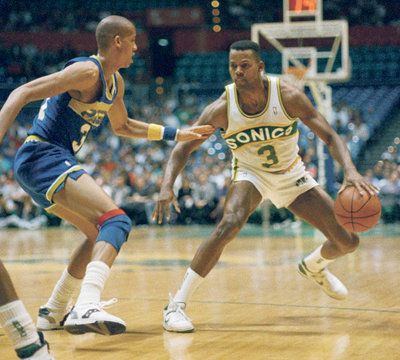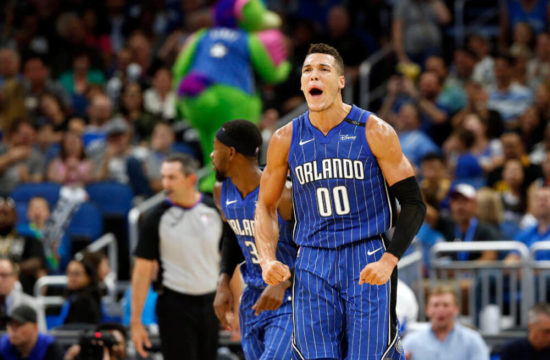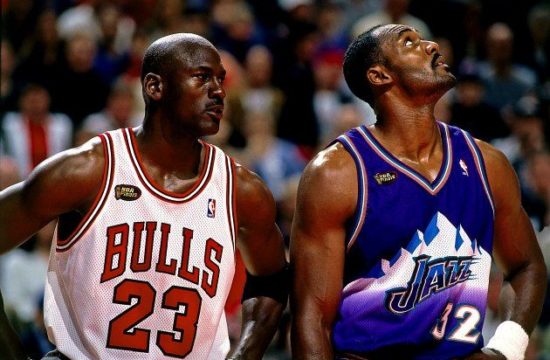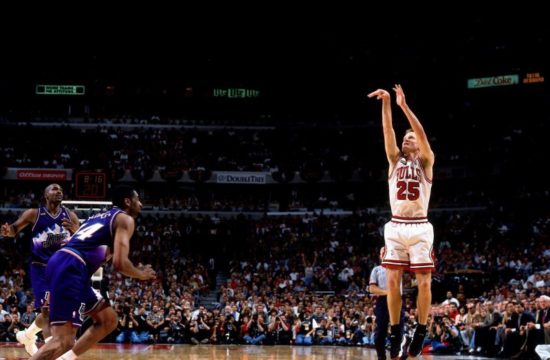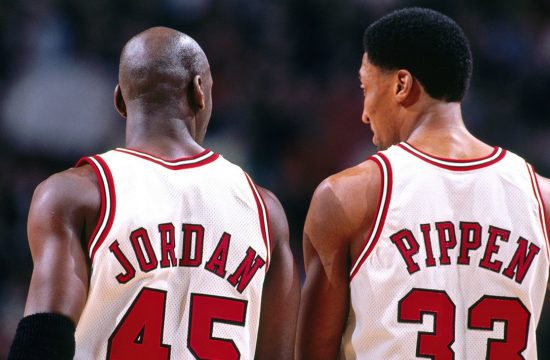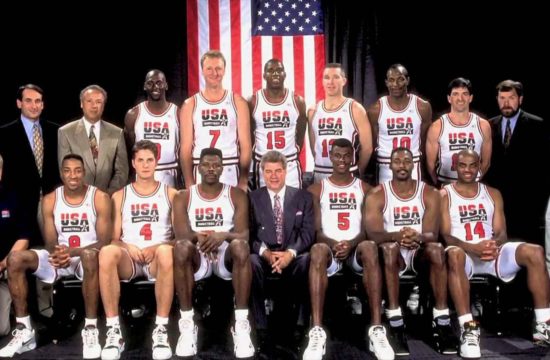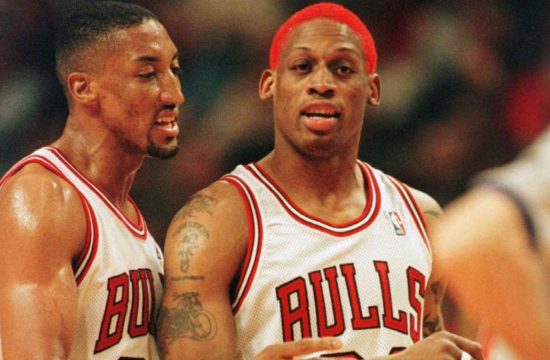Jerry Reynolds has worn every hat imaginable for the Sacramento Kings. He started as an assistant coach on Phil Johnson’s staff during the team’s inaugural season in Sacramento back in 1985. Since then, he has been one of the few constants with the franchise.
The French Lick, Ind. native stepped in as an interim head coach during the 1986-87 season when Johnson was let go.
In a rare move, Reynolds stayed on board as an assistant coach when the team hired Bill Russell the following season.
When Russell stepped away from coaching in his first season and focused on being the team’s general manager 58 games into the 1987-88 campaign, Reynolds once again took over the team.
Reynolds held onto the job for the 1988-89 season, but 28 games into the 1989-90 campaign, the franchise brought in Dick Motta to replace him.
After his stint as the head coach, Reynolds moved into a more permanent role as the team’s general manager from 1989-1994. During that time, he is credited with plenty of moves, including the 1991 trade that landed Hall of Fame shooting guard Mitch Richmond, along with Les Jepson and a 1995 second-round selection, for newly drafted Billy Owens, who was holding out.
The trade gave the Kings a star to build around, but they needed one or two more pieces. According to Reynolds, they almost had the perfect fit, but it will always go down as the deal that never happened.
“For me, it was the trade of Lionel Simmons to the Indiana Pacers for Detlef Schrempf,” Reynolds said during the latest episode of the Purple Talk podcast. “I wanted to do that.”
Simmons was a young and productive small forward, but he had already begun to have knee issues. The 6-foot-10 Schrempf was a few years older, but he had just started to come into his own as a player.
Coming off back-to-back seasons of being named the NBA’s Sixth Man of the Year, Schrempf earned a starting job for the Pacers during the 1992-93 season. He finished the year averaging 19.1 points, 9.5 rebounds and six assists per game and was named to his first All-Star team.
According to Reynolds, despite the breakout season, Schrempf and newly hired head coach Larry Brown weren’t on the same page and a change was necessary.
When Reynolds went to ownership to get approval for the trade, he was turned away.
“That was one of those they just wouldn’t let me do, primarily because of money,” Reynolds said. “It was one of those deals where they said that. ‘Detlef is going to want a bunch of money on his next contract’ and I said, ‘Yeah, he will because he’s really good.’ I thought that was kinda what we should have been shooting for.”
With the Simmons deal off the table, the Pacers dealt Schrempf to the Seattle Supersonics for Derrick McKey and Gerald Paddio. He played out the final year of his contract in Seattle and then signed a substantial, five-year, $20 million extension with the Sonics.
By comparison, Richmond signed a six-year, $18 million extension with the Kings that kicked in for the 1993-94 season.
Schrimpf may or may not have put the Kings over the top, but he would have given them a substantial piece to pair with not only Richmond, but with Walt Williams, Wayman Tisdale and Spud Webb. If nothing else, the Kings would have been fun to watch.
“I’m not saying that would have made you championship-caliber or anything, but I thought with Detlef and Mitch, that gives you two guys that can probably make you a playoff contender, if not a playoff team for a lot of years,” Reynolds said.
Simmons’ production fell off a cliff following the 1993-94 season. He finished out his career as a bench player for the Kings. He retired due to knee issues at just 28-years-old in 1997 after averaging just 3.4 points per game for the Kings.
Following the 1993 offseason, Schrempf would go on to play another eight seasons in the NBA between the Sonics and Trail Blazers. He retired at 38-years-old following the 2000-01 season and proved to be an extremely productive player over his 17-year NBA career.
The Kings would miss the postseason in the 1993-94 season and again in the 1994-95 season before finally making it during the 1995-96 campaign.
There are plenty of moves that could have worked out differently for the Kings over their 35 years in Sacramento, but this one stands out as a near miss that would have changed the franchise throughout the 1990s

